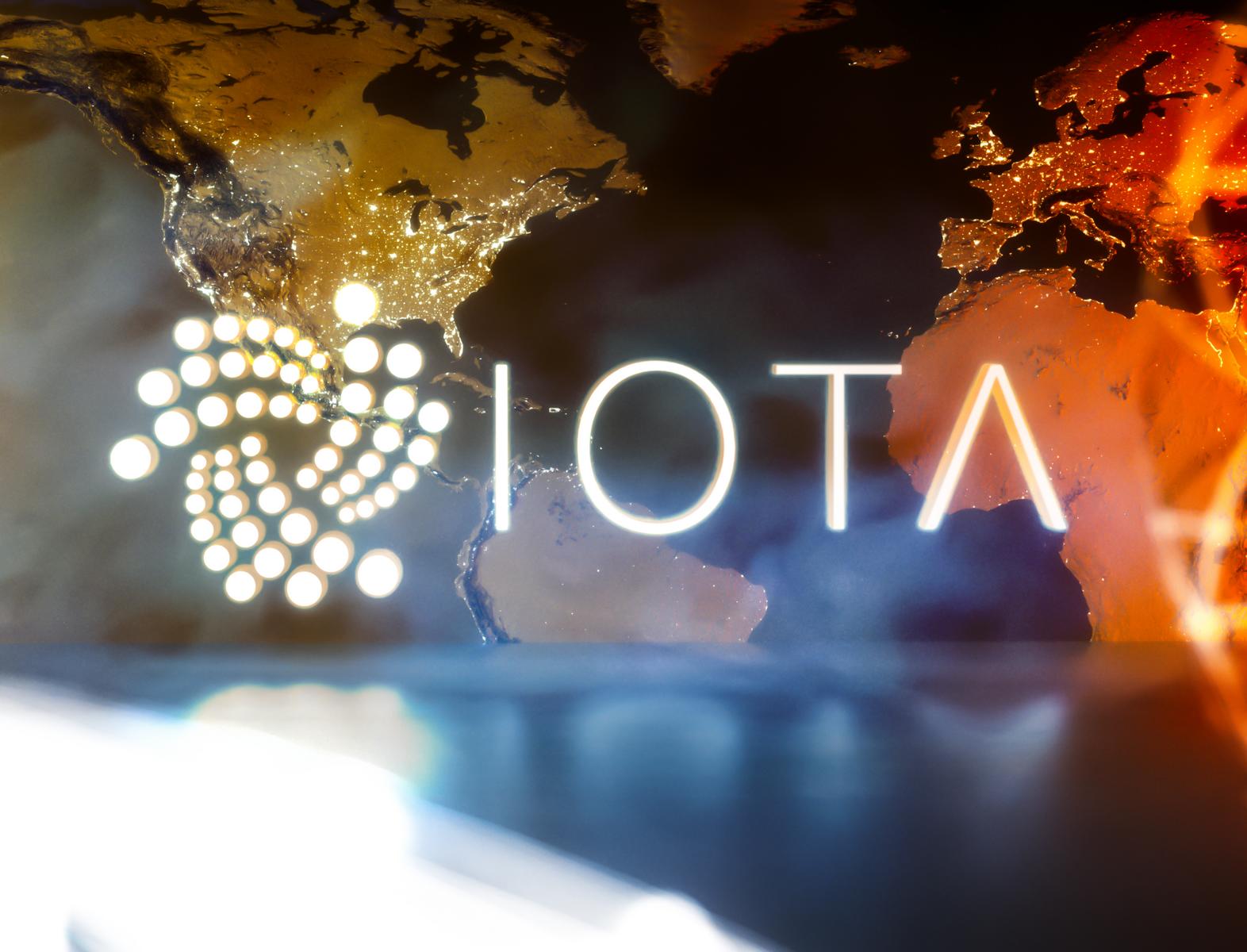IOTA News: Could IOTA Be the Next Big Player in the Stablecoin Arena?

- IOTA’s decentralized technology could serve as the foundation for a compliant stablecoin.
- The Trade and Logistics Information Pipeline enables secure and efficient exchange of electronic trade documents.
With Europe’s Markets in Crypto-Assets (MiCA) regulations reshaping the crypto landscape, IOTA’s decentralized and scalable technology could position itself as the foundation for a new, compliant stablecoin. IOTA’s feeless and efficient framework makes it an intriguing candidate in the search for the next big player in digital assets.
The launch of MiCA marks a new dawn of regulation in the EU crypto market, which will lead to a more accountable industry. This regulation addresses issues relating to digital assets in a bid to protect the consumer and ensure the stability of the market. With platforms like Coinbase recently delisting the non-compliant stablecoins, the regulatory change paves the way for new entrants. Could IOTA fill this gap?
IOTA’s Tangle technology enables feeless, instant, and scalable transactions, which will be suitable for a stablecoin designed to function under the MiCA regulation. Such a network is capable of processing many transactions without congesting the network or incurring any costs, which could position it as a stablecoin giant.
How IOTA’s Technology Could Drive Stablecoin Efficiency
At the core of IOTA’s ecosystem is its Trade and Logistics Information Pipeline (TLIP). This decentralized platform is already responsible for securing global trade through the exchange of immutable data. The same principles could be applied to a stablecoin to guarantee the stability, openness, and effectiveness of digital transactions.
TLIP has played a big role in expanding the footprint of IOTA in the African region, especially in the trade industry. The system enables participants to exchange electronic trade documents including export declarations and airway bills safely and effectively.
The TLIP model demonstrates that IOTA can cut costs by half and make cross-border transactions up to 80% cheaper. This can mean huge savings in the stablecoin ecosystem and could be useful for industries looking for effective yet cheap financial tools.
Could IOTA’s Stablecoin Revolutionize Global Trade?
A MiCA-compliant stablecoin issued on the IOTA network could transform the world’s payments system through secure and efficient transactions. Similarly, TLIP enhances the visibility and effectiveness of logistics, and stablecoin could enhance cross-border payments through quicker and more transparent systems. IOTA’s decentralized approach, coupled with MiCA’s legal certainty, sets the stage for the creation of a safe and sustainable stablecoin.
Collaborations with organizations like Tide Protocol have been instrumental in developing the IOTA EVM ecosystem and providing key technological advancements. Furthermore, the collaborations between IOTA and Digimarc, as well as IOTA and Agro2Circular, implement environmental stewardship by mitigating agricultural plastic waste using the DPP.
In addition, IOTA has partnered with the European Commission to develop a new IPR management system that applies DLT, NFTs, and smart contracts. It is worth noting IOTA’s Total Value Locked (TVL) recently surpassed $5 million.